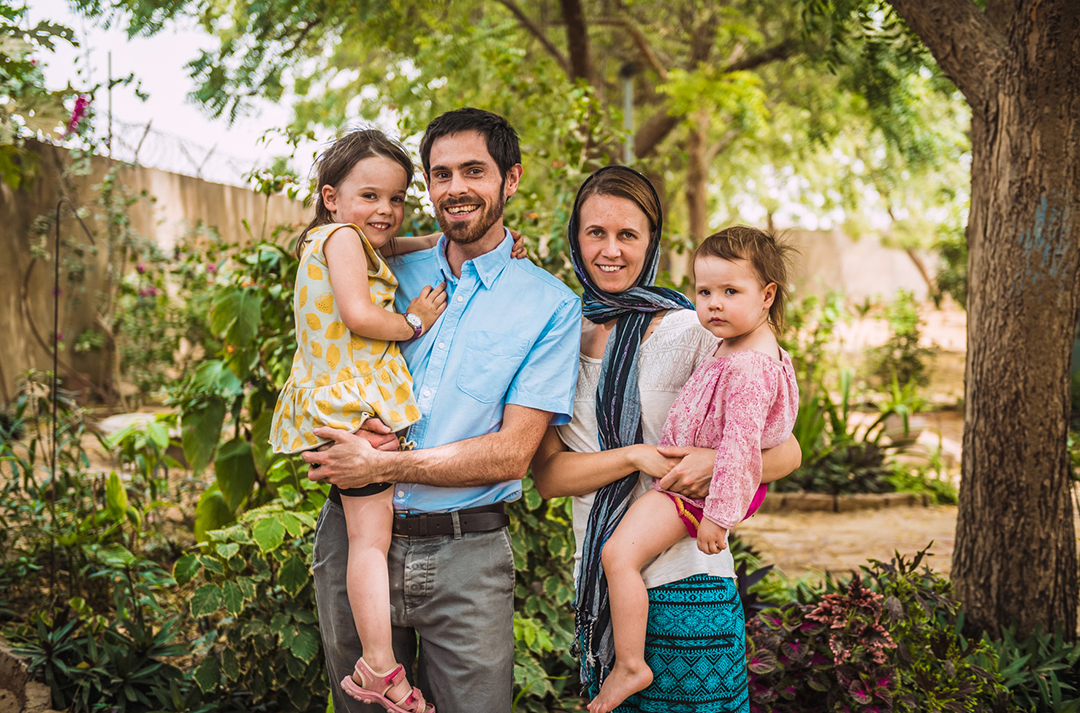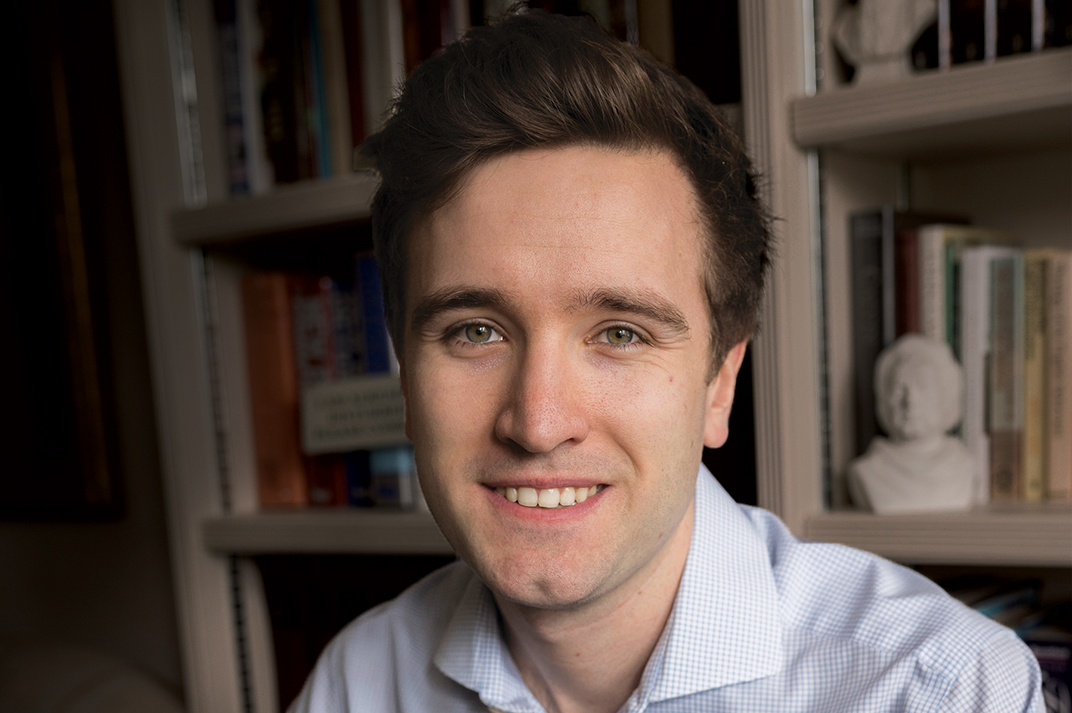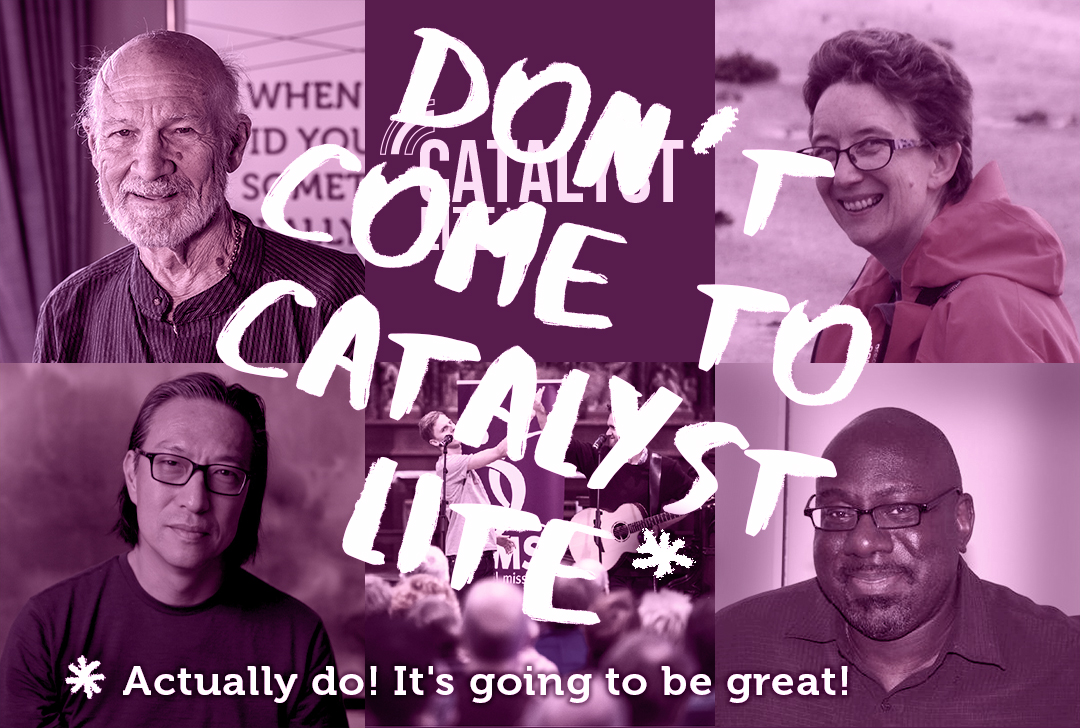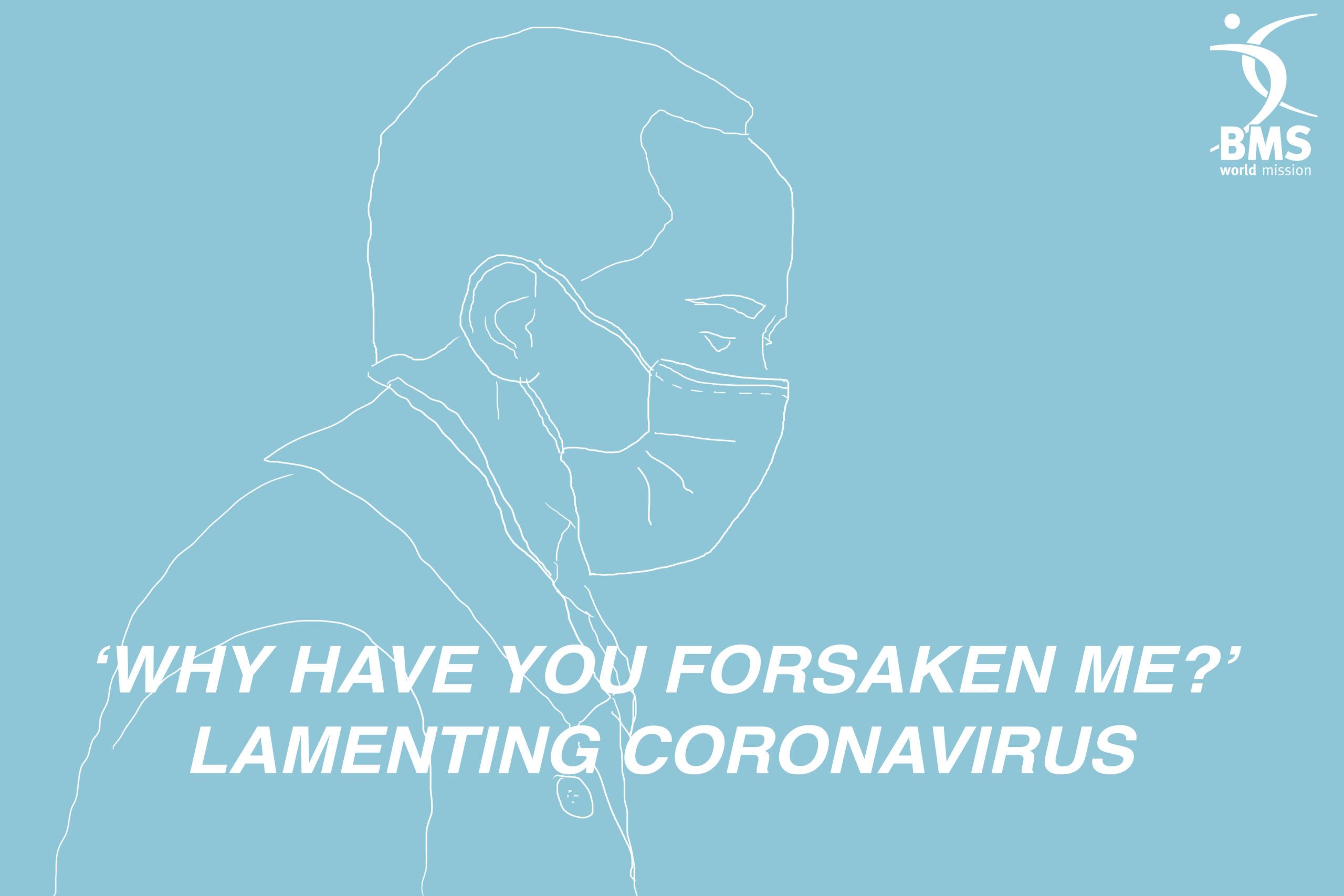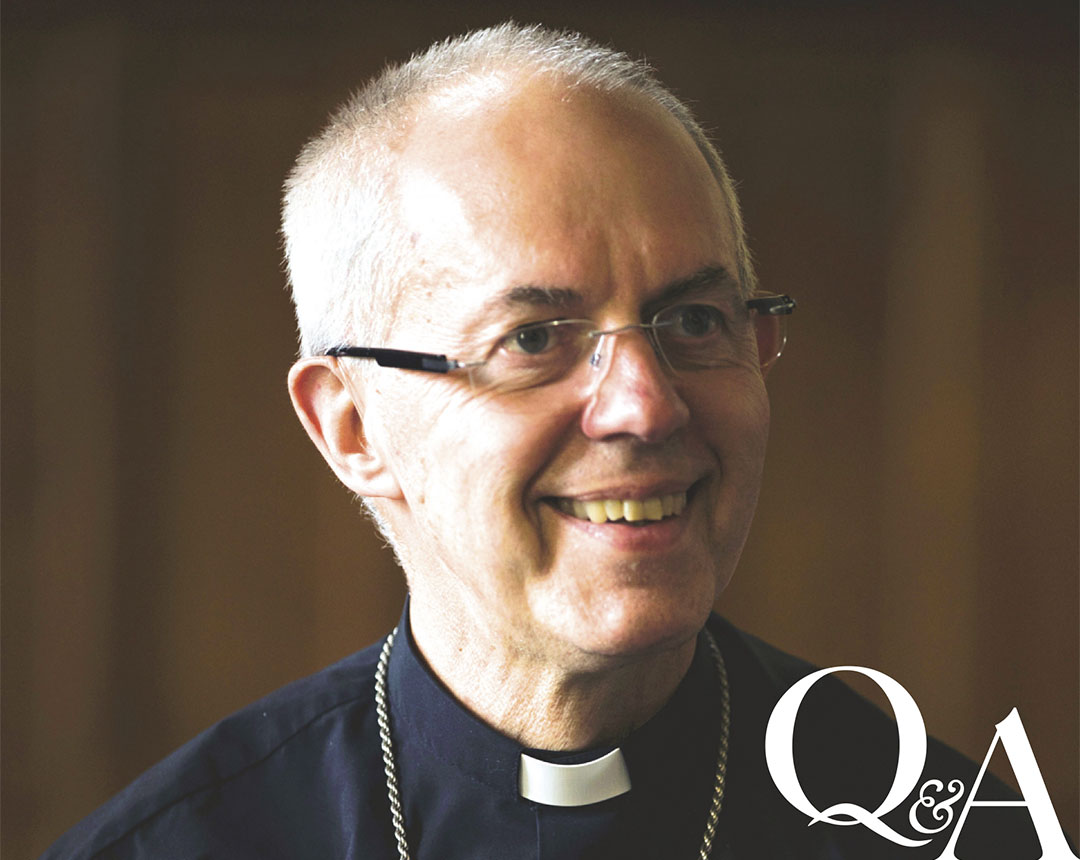Homeless, but not hopeless
George Williams knows what it’s like to be on the streets. He also knows what it’s like to be loved by God.
George Williams became homeless in 2014. He now lives at West London Mission’s (WLM) Burgess Park House, a supported housing service for men and women who’ve served in the armed forces. This is his story, and what he’d like you to know about being homeless in the UK.

What was the hardest part of being homeless?
Sometimes it’s difficult – you can’t sign on with no address, so I lost my benefit. I got it reinstalled after a couple of months, I gave the address of my friend’s where I was staying, sleeping on the floor. But he was in a hostel so I had to be out early as they would come round and check the hostel.
I had that thing inside of me, you have to get out, you have to survive, it was like the military services kicking back in. But then I got somewhere, and then I tried to commit suicide – I don’t really understand that, but I felt it was better that I just die rather than going through the hardship I was going through.
George was born in Jamaica and came to England on his 12th birthday to join his father. After leaving school, he joined the Royal Greenjackets in 1980 and was deployed to Northern Ireland, receiving a commendation for bravery. After his mother died in Jamaica, he lost his appetite for soldiering and left the army. During the 1990s he was an outreach worker with drug addicts, but on returning from a visit to Jamaica he was arrested at the airport when drugs were discovered in his possession and served five years in prison. In 2006 he was shocked to find he did not have the right to work in the UK because he was still a Jamaican citizen – one of many affected by the Windrush scandal. He has had mental health problems and became ‘street homeless’ in 2014 after a failed relationship. George spent time in various hostels, but has been helped by charities including Changing Lives, the Soldiers, Sailors, Airmen and Families Association (SSAFA) and the West London Mission (WLM).
Who did you have around to talk to? Who was there for you?
My son and my daughter – I didn’t tell them what I was going through exactly, but they knew I was going through things, they would ring me up and chat. When I went into the hospital they were both there and that was uplifting for me. I talked to the SSAFA officer as well, and he came with me to the benefits office once when trying to sort things out.
How did you get on with churches?

I was a member of a church in Eltham, I used to go every Sunday. But when I moved away I lost contact. That was about four years ago. I spoke to the minister but I didn’t think he could do anything about my housing; at that time I was living in a room. I would put on my suit and everyone thought I was OK. A lot of the time I was OK.
I would do anything to help the church. At the moment I’m wrapped up a bit in me and I need not to be. I’m doing voluntary work at the City Farm. I’m doing it for the animals. I clean out their stable, I clean six stables out and do one outer donkey pen. I do one day a week. The reward is seeing the animals, the donkeys all come up to the fence, they all know me now.
Do you think people in churches understand what homelessness is like?
The ones that go to church and just go on Sunday, I don’t think they really care. I think they just go to get some spiritual healing for themselves. Those who work there do their best, but they can’t fix everything. Some don’t really know what you’re talking about as they haven’t had that void in their life, so they couldn’t really understand.

What would you like people in churches to know about homelessness?
When someone is homeless the church should be very understanding, more understanding than anyone else. They will be ripping out their heart to them and they are not to be taken lightly. They want to be respected and responded to in the right way. That’s why people don’t pour their hearts out, they’ve done it before and got no help. Don’t mollycoddle them, you have to try and understand them even if it’s not understandable, and treat them with respect.
What about church leaders, what would you like them to know?
Church leaders need to have it in their minds. If you are doing a half-hour speech, you need to include two minutes about homeless people. Me talking and doing this interview, I’d like it to filter through to the Archbishop of Canterbury. I have great hopes.
How does Jesus matter to you?
He’s always mattered to me, but I hadn’t always responded and recognised it. Since I’ve been in hospital, I praise him every day. I read my Bible every morning. I say my prayers every evening. I’ve always got my Bible with me, given to me by my friend.

When I was in rehab Jesus came to me one day and he spoke to me. You might say this was a madness I was going through, but he came to me and said “I ain’t ready for you yet.” I think about that every time I feel down, and I pick up my Bible and read the Psalms. There’s everything in the Psalms, they lift me up. I don’t think I could get out of bed in the morning without thanking him for protecting me and my family and friends. I thank him for waking me up – it’s amazing to see sunlight, darkness.
I know he’s got a plan for me – but I don’t know what it is.
George told his story to WLM chaplain Ruth Bottoms. This article originally appeared in the ‘Outsiders’ issue of Mission Catalyst magazine.


